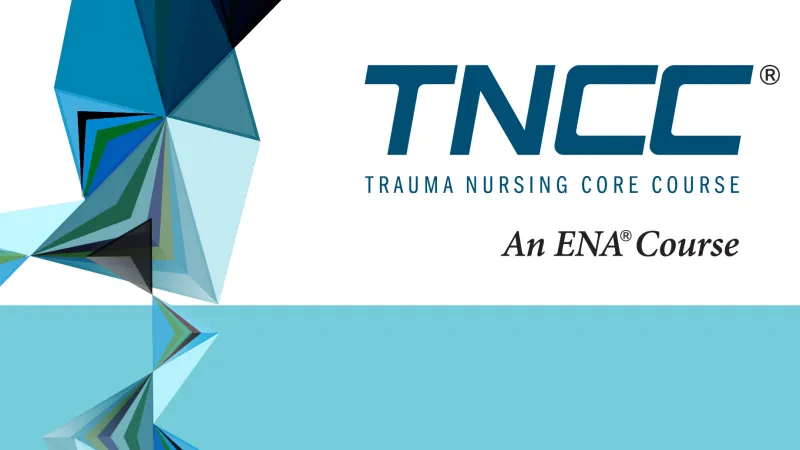Breadcrumb
ENA Washington Update - October 2025
News You Can Use
Federal Government Shutdown Enters Second Week
On Oct. 1, the U.S. government entered a partial shutdown after Congress failed to pass legislation to provide funding to keep it open. The shutdown primarily impacts discretionary federal programs that are funded by annual appropriations bills, including those long supported by ENA. However, mandatory programs, such as Social Security, Medicare and Medicaid, will continue to operate and receive federal funds.
In the short term, the impacts on emergency nurses could be most felt by students, practitioners and educators who rely on Title VIII nursing workforce education programs, researchers working through NIH grants, and nurses who have been receiving support through the Dr. Lorna Breen Health Care Provider Protection Act program funds. In addition, federal support for poison control centers and a civilian-military trauma readiness program will be negatively impacted. If there is a prolonged shutdown, funding for Department of Defense nurse training programs, including courses offered to emergency nurses, will likely cease.
ENA issued a statement on Oct. 1, encouraging Congress to reach a deal to fund the federal government and minimize disruptions to health care-related programs.
ENA-Supported Substance Abuse Prevention Programs Reauthorized by Congress
On Sept. 24, the Senate passed the SUPPORT for Patients and Communities Reauthorization Act, continuing several programs that address substance abuse, overdose and mental health in the United States. The bill continues several specific programs to address recovery in youth, housing for individuals in recovery, loan repayment for substance use treatment professionals and prevention of overdoses, while also expanding a program supporting first responders in treating non-opioid overdoses. The bill takes new steps to address this crisis by requiring HHS to protect the National Suicide Lifeline program from cybersecurity threats; establishing the Federal Interagency Workgroup on Fentanyl Contamination of Illegal Drugs; and moving to review the scheduling of products with both buprenorphine and naloxone. President Donald Trump is expected to sign the bill into law soon.
ENA State Leaders: Got a State Bill to Track?
Contact ENA Government Relations and let us know the bill number - gov@ena.org
EN411 Grassroots Advocacy
Members of Congress need to hear from their constituents – this means you!
Action Alerts highlight ENA’s priorities before the House and Senate. Through the links below, you can send a letter or X post to your member of Congress.
The Nursing Shortage is Real. Title VIII Programs Provide Real Support.
Emergency Nurses are Under Attack! A Federal Criminal Law Could Help Deter Violence.
Boarding and Overcrowding Have Been Problems for Years. Let’s Do Something About It.
MISSION ZERO Is Popular, Innovative, and Needs to be Reauthorized. Learn More
Workplace Violence Has No Cure. Tell Congress to Do More to Fight It!
Support Tyler’s Law to Effectively Implement Fentanyl Testing in EDs!
Support the Reauthorization of Programs to Combat Emergency Nurse Burnout!
If you haven’t signed up, click below and never miss another Action Alert!
The Emergency Nurses Association is the premier professional nursing association dedicated to defining the future of emergency nursing through advocacy, education, research, innovation, and leadership. Founded in 1970, ENA has proven to be an indispensable resource to the global emergency nursing community. With 40,000 members worldwide, ENA advocates for patient safety, develops industry-leading practice standards and guidelines and guides emergency health care public policy. ENA members have expertise in triage, patient care, disaster preparedness, and all aspects of emergency care. Additional information is available at www.ena.org.
